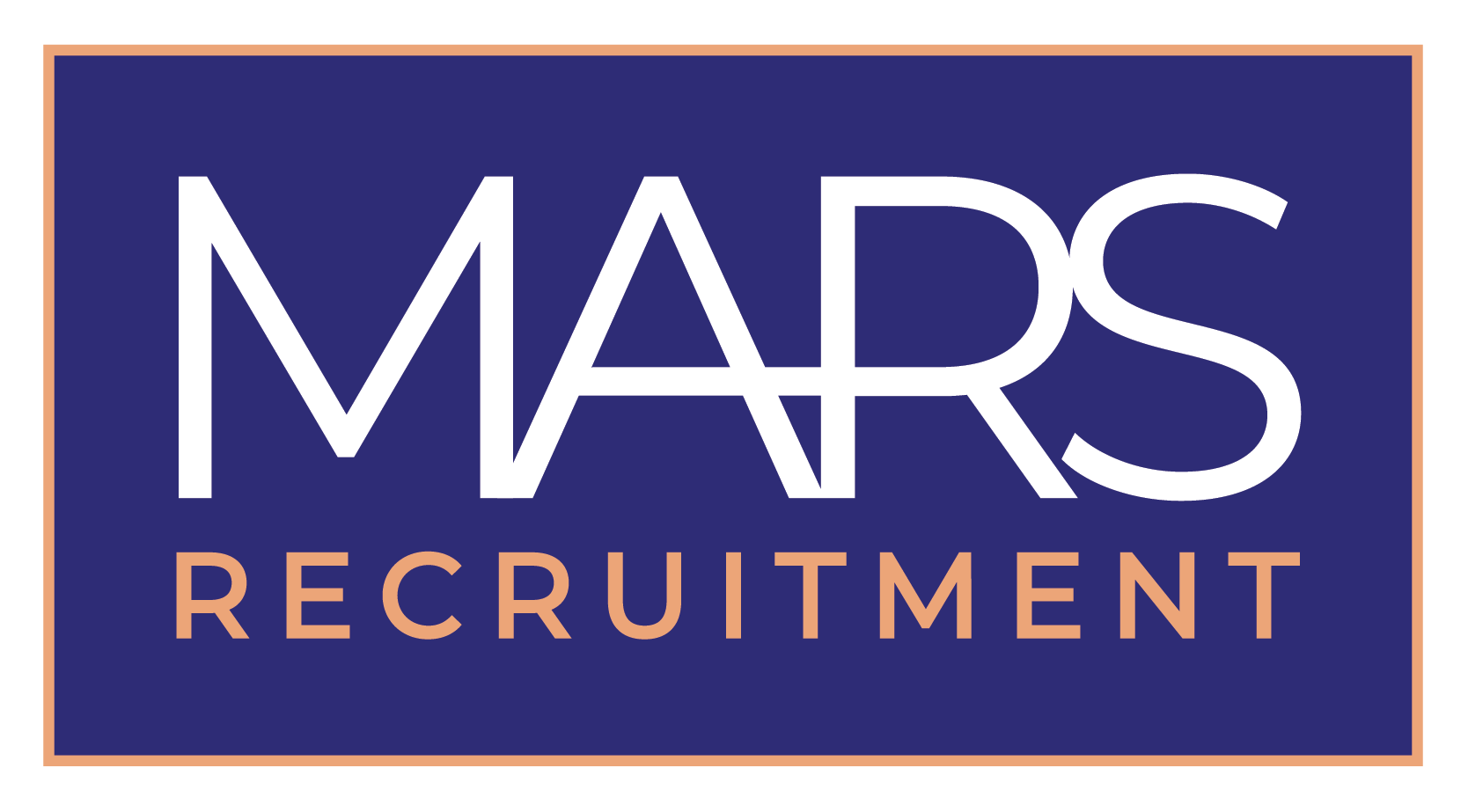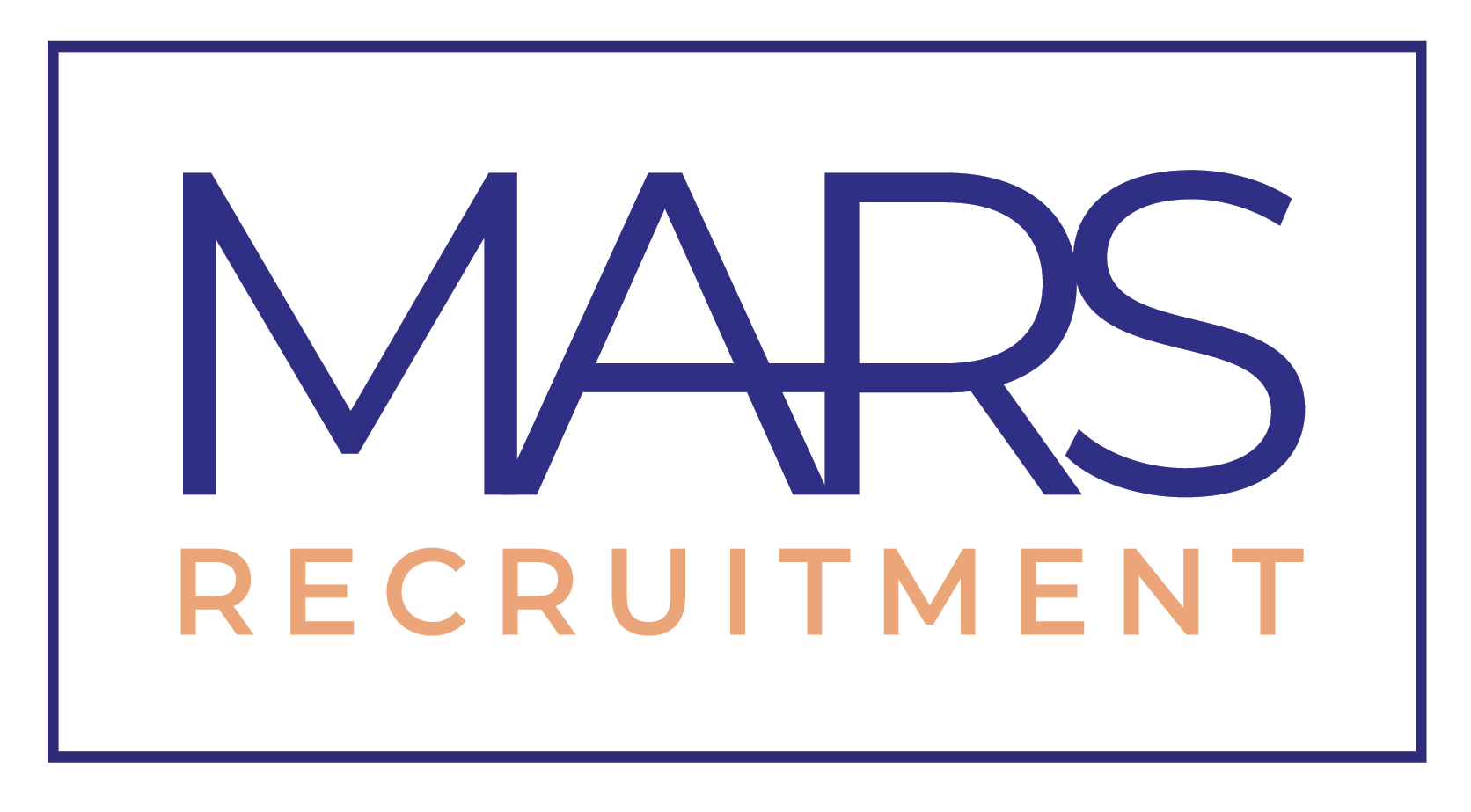Probationary periods are a common feature in employment contracts, but from a legal standpoint, their significance is often misunderstood. Here’s what you need to know about the role and limitations of probationary periods in the context of employment law and management.
The Legal Perspective
Probationary Periods and Notice Requirements: Legally, a probationary period primarily affects the notice required if either the employer or the employee terminates the employment within this period. Typically, it might mean a shorter notice period, such as one week’s notice if termination occurs within the first six months.
Minimum Employment Period for Unfair Dismissal: A more critical legal consideration is the minimum employment period for unfair dismissal claims, as stipulated by the Fair Work Act. Employees cannot bring an unfair dismissal claim until they have completed the minimum employment period:
- Six months for employers with 15 or more employees.
- Twelve months for employers with fewer than 15 employees.
This period is crucial because it becomes significantly more challenging to dismiss an employee once they surpass it. Employers must then ensure any dismissal aligns with the Fair Work Commission’s standards for a fair dismissal, even if the process followed is flawless and the reason valid.
Managing Probationary Periods
Extending Probationary Periods: Employers occasionally consider extending probationary periods to allow employees more time to prove their suitability for the role. While extending a probationary period is possible—either by mutual agreement or unilaterally if the contract permits—it does not affect the minimum employment period for unfair dismissal purposes. Therefore, after the minimum employment period has passed, the standard protections against unfair dismissal apply, regardless of any extended probationary terms.
Management Benefits: Despite their limited legal impact, probationary periods can be valuable from a management perspective. Effective use of this period involves setting clear goals, providing training and development, and conducting regular reviews. This proactive approach helps employees integrate successfully and perform well, reducing the likelihood of issues that could lead to dismissal or legal claims.
General Protections Claims
It is also important to note that general protections claims, such as those related to adverse action or discrimination, are not restricted by a minimum employment period. Employees can bring these claims at any time during their employment, irrespective of the probationary status.
While probationary periods have limited legal impact, particularly concerning unfair dismissal, they can be a powerful tool for managing new employees effectively. By focusing on goal setting, training, and development during this time, employers can enhance employee performance and integration, ultimately mitigating the need for dismissals and reducing the risk of unfair dismissal claims.
How do you use probationary periods in your workplace?
By understanding the legal nuances and management advantages of probationary periods, employers can better navigate the complexities of employee onboarding and retention, ensuring both compliance and a supportive work environment.
[DISCLAIMER] The information provided in this article is for general, informational purposes only and should not be construed as professional advice. Individuals are encouraged to seek guidance from qualified career coaches or advisors when navigating career transitions.



